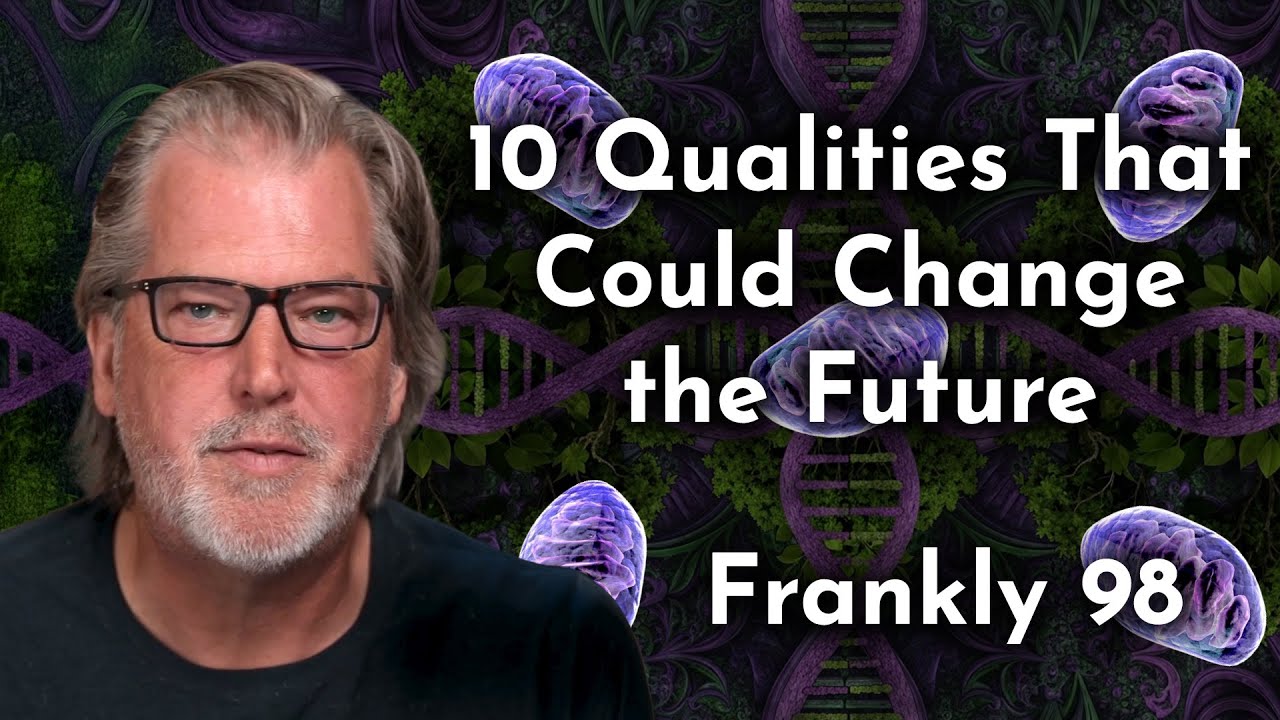This derives from a report back I wrote for a “culture and memetics working group” at a gathering focused on addressing the metacrisis and polycrisis.
Culture is Foundational
Without cultural transformation—including healing, relationship repair, and inner development—technological or governance-based solutions will reproduce the same dysfunctions. Cultural and inner work is not optional; it is foundational.
Key Reflections:
-
Inner and Relational Work: Personal healing (trauma, insecurities), relational repair, and community trust-building are essential. Unaddressed wounds can fragment relationships and sabotage aligned collaborations.
-
Culture as Infrastructure: Just as we attend to food or sleep, we must intentionally cultivate practices that support emotional and spiritual health. Culture is not ancillary; it shapes how we act, what we value, and how trust forms.
-
Mimetic Learning & Role Models: Much of human learning is mimetic—we imitate trusted others. Cultural change can scale not only through ideas but by modeling transformed behavior and relationships.
-
Trust as Core Currency: In a world of abundant information, trust is scarce and increasingly vital. Community building is, at its heart, trust building.
-
Neglect of the Inner Domain: Prevailing solutionist paradigms (techno-fixes, governance tweaks) miscategorize the metacrisis. The root causes are often cultural or existential, not merely institutional or technical.
-
Opportunity for Cultural Leadership: Like the 1960s Bay Area, new cultural epicenters can emerge. We can intentionally cultivate spaces (e.g. neo-monasteries, developmental communities) to develop inner capacities while actively engaging the world.
-
Practical Implications for Groups: Even in well-meaning progressive or impact-driven circles, the inner and cultural dimensions are under-recognized. Shifting this requires both direct articulation and demonstration of their systemic importance.
